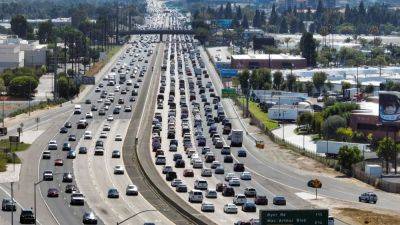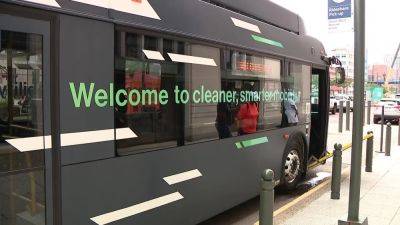‘Nowhere to go’: N.S. tenant forced back into tight rental market after fixed-term lease ends
A Halifax-area woman is looking for a new home after her fixed-term lease was not renewed and she refused to pay a hefty price increase to stay in her unit.
Sarah Whynot is packing up her downtown Dartmouth apartment in anticipation of a move at the end of the month. Her lease with HarbourVista Apartments was not renewed this year, after five years of fixed-term leasing. “I just need to find a new place to live within, like, two-and-a-half weeks,” Whynot told Global News. “I need to be out by June 30, and it’s impossible to find somewhere right now.” Unlike periodic leases — such as month-to-month or year-to-year — fixed-term leases have fixed start and end dates, meaning they are not automatically renewed.
Fixed-term leases can be one way for landlords to skirt the province’s two-per cent rent cap, since the cap does not apply to new tenants.
The rent cap has been two per cent since 2020, but will go up to five per cent in January 2024. Whynot was given the option to stay and continue leasing, but only with a rental increase that far exceeds the cap. “I asked about the rental increase and I was told, basically, it would be between $400 to $600, maybe more,” she said. “I questioned it because of the rent cap, and then a week later — not even — a notice on my door saying, ‘We’re not having you.
Read more on globalnews.ca






































